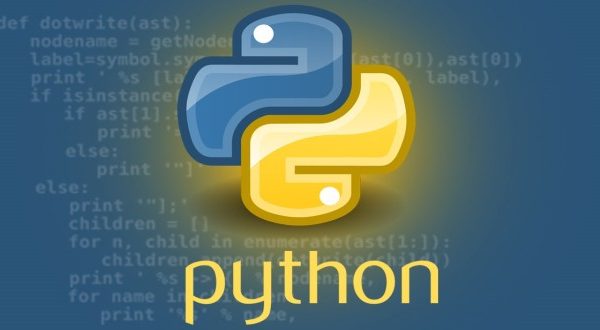Analysis of Black Friday Shopping Trends via Machine Learning
Introduction Wikipedia defines Black Friday as an informal name for the Friday following Thanksgiving Day in the United States, which is celebrated on the fourth Thursday of November. [Black Friday is] regarded as the beginning of America’s Christmas shopping season […]. In this article, we will try to explore different trends from the Black Friday shopping dataset. We will extract useful information that will answer questions such as: what gender shops more on Black Friday? Do the occupations of the […]
Read more